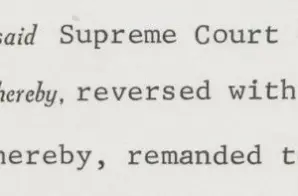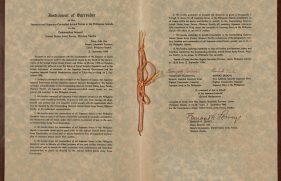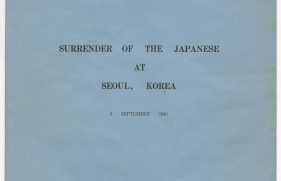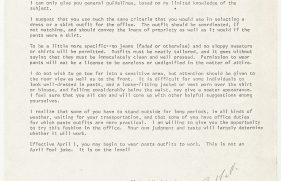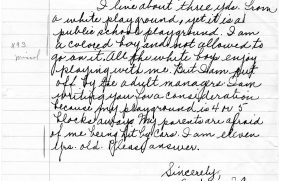In June 1958, Richard Loving, a white man, and Mildred Jeter, a black woman, quietly married in Washington, DC. They returned home to Virginia and woke up one morning with policemen in their bedroom. The Lovings were arrested for violating the Racial Integrity Act of 1924.
Richard and Mildred were found guilty and sentenced to one year in jail, or they could accept a plea bargain and leave Virginia. So they left. But by 1963, tired of visiting family and friends separately, they sought legal help. Attorneys Bernard S. Cohen and Philip J. Hirschkopf took their case to the Virginia Court of Appeals, where Judge Leon Bazile upheld the lower court’s ruling.
In his ruling convicting Richard and Mildred Loving, Judge Bazile wrote:
Almighty God created the races white, black, yellow, malay, and red, and he placed them on separate continents. And but for the interference with his arrangement….the fact that he separated the races shows that he did not intend for the races to mix.
